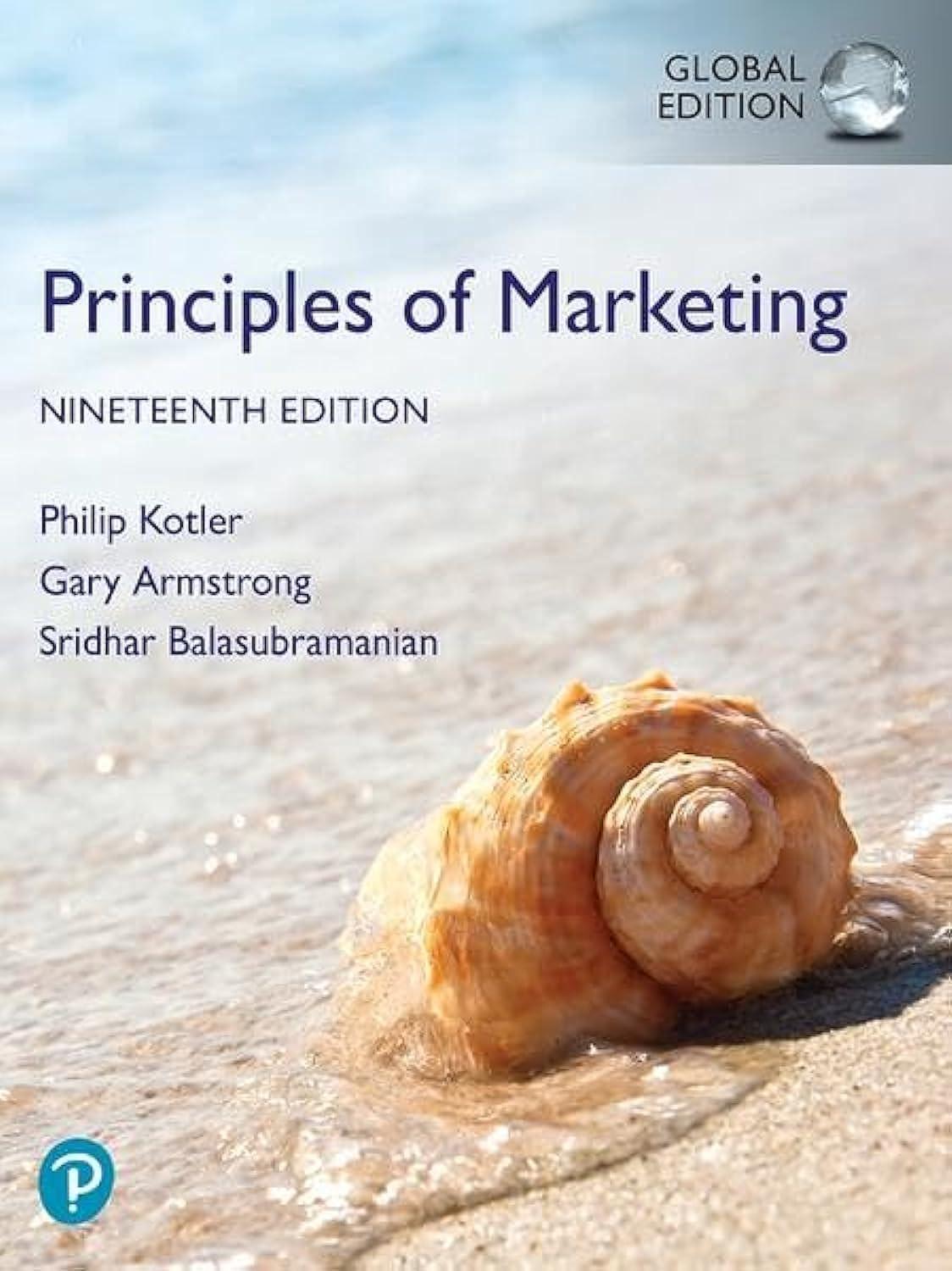To address the fact that nearly one-third of food is wasted at the retail and consumer levels,
Question:
To address the fact that nearly one-third of food is wasted at the retail and consumer levels, "ugly produce" innovators have received millions of dollars in private funding to address food waste. "Ugly produce" is produce that has minor blemishes or deformities-it's perfectly edible but often rejected for placement in stores. But do for-profit, U.S.-based ugly produce companies such as Hungry Harvest and Imperfect Produce actually help solve the food waste challenge? In fact, nonprofit Phat Beets, which experienced a 30 percent drop in subscriptions, accused venture capital-backed Imperfect Produce of commodifying need, undercutting prices, and undermining community-supported agriculture efforts. An agricultural scientist noted that most waste comes from consumers, restaurants, and grocery stores, which are not impacted by taking ugly produce from farmers. A related argument is that farmers would otherwise use the ugly produce to feed the hungry, feed animals, or fertilize the soil. Thus, it is not clear that selling it to consumers would limit food waste. However, others argue that ugly produce companies can help address food loss, which, like waste, impacts the environment and the economy. Further, marketing ugly produce may start a conversation that raises awareness about food waste.
Skim through the websites of Phat Beets and Imperfect Produce. The companies are positioned differently but serve similar target markets with similar products. How should Phat Beets differentiate itself from Imperfect Produce, if at all?
Step by Step Answer:






